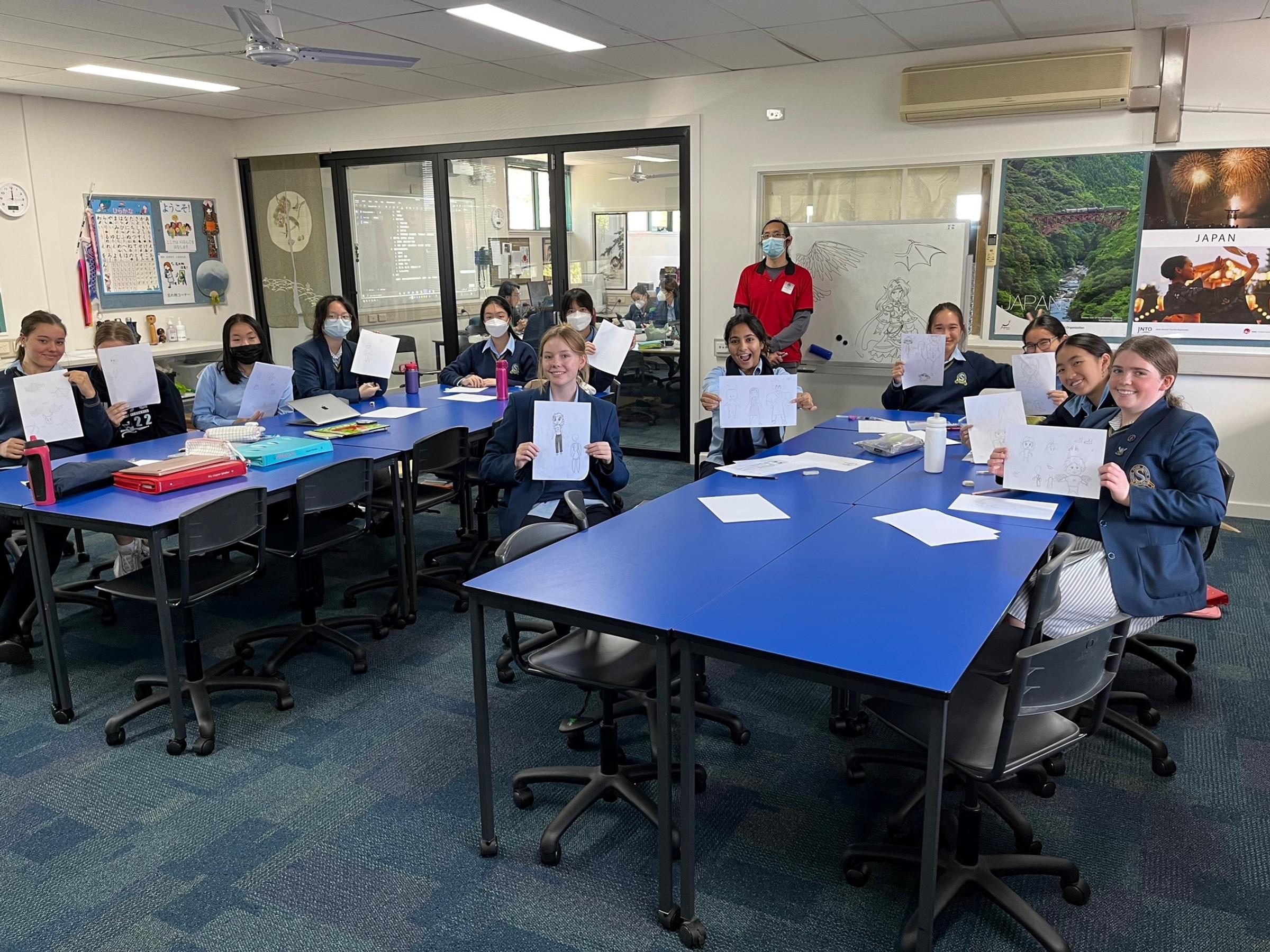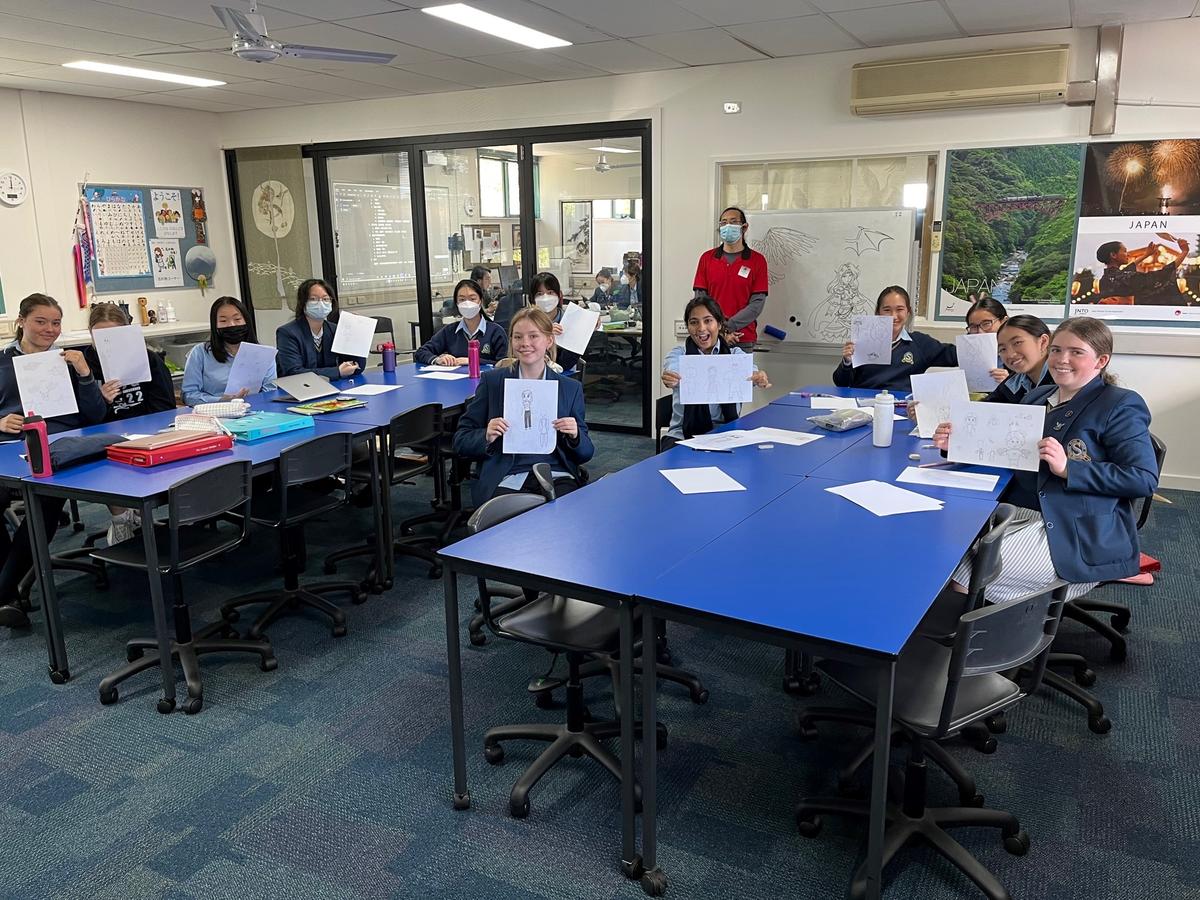Languages Update

I was lucky enough earlier this year to attend a Lecture and workshop by Dr Jared Cooney Horvath on The Language Transfer: How do human beings take in, embody, and utilize new information and ideas? Dr Cooney Horvath is a neuroscientist, educator, and author of the best-selling book Stop Talking, Start Influencing: 12 Insights from Brain Science to Make Your Message Stick. He has conducted research and lectured at Harvard University, Harvard Medical School, the University of Melbourne, and over 450 schools internationally. He currently serves as Director of LME Global: a team dedicated to latest brain and behavioural research. One of my key learnings from these sessions was that effective skill transfer requires a period of target and specific learning, and we should be making the learning process as well as the knowledge specific so that students know what to do when they are required to use knowledge in a new context. It ties in nicely with our 2022 professional learning theme of Metacognition.
The four 21st Century skills of creativity, critical thinking, collaboration, and communication are based on knowledge, in other words, knowledge precedes skills. What students need is the ability to contextualise and adapt their knowledge to new contexts. Dr Horvath Cooney quoted the psychologist Danie Willingham: The processes we most hope to endanger in our students – thinking critically and logically - are not possible without background knowledge.
The first step is to learn something, to internalise that knowledge, and then the next step is to use that knowledge to develop skills to apply that knowledge in different domains, in our case, across listening, speaking, readings and writing, and across different topics. It takes conscious effort and an understanding that this is a difficult process, and as a language learner myself I understand how frustrating it can be when things just don’t come easily. But perseverance is the key. Over time with students can recognise that periods of struggle are part of the learning process, and that mistakes are a highly predictable part of that process, and most importantly that mistakes don’t need to impact on self-worth or confidence.
Apart for the fascinating insights into how important transfer is to move beyond memory to mastery, he also gave us an informal guide to how much repetition is needed to get to the first step of remembering something. He suggested that three to four times revisiting a concept is a good starting point, but one of the interesting things was that there should be some sleep between each time you come back to material. In other words, cramming is not an effective way to move knowledge from surface to deep learning, and homework between classes is another important step in the path to mastery!
Senior Chinese Students excursions to the Chinese Museum in Bendigo
For your viewing pleasure here is a video collage of the recent trip to the Chinese Museum in Bendigo by the Senior Chinese students to investigate the history of the first Chinese Immigrants to Australia during the Gold Rush as research for an upcoming Outcome.
Year 9 Japanese Manga Incursion
In preparation for a Speaking CAT introducing a new Manga or Anime character to the class in Japanese, the wonderful Kenny Chan from Drawing with Us came to give the girls some tips on how to draw Japanese style characters. Here are the girls and their creations.
Julie Devine
Head of Languages


